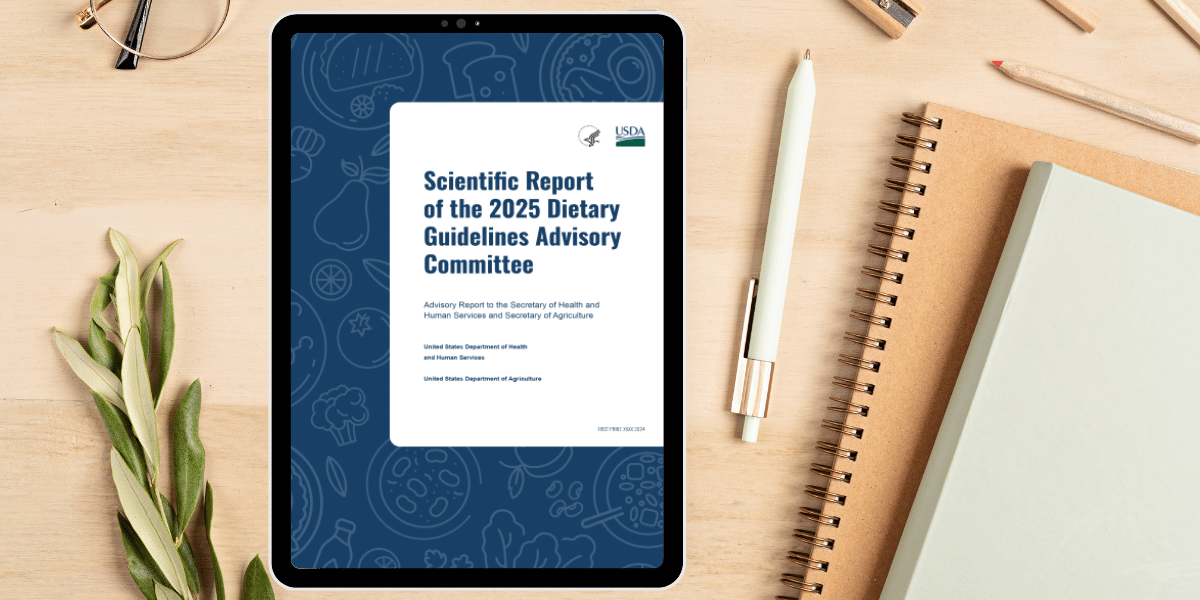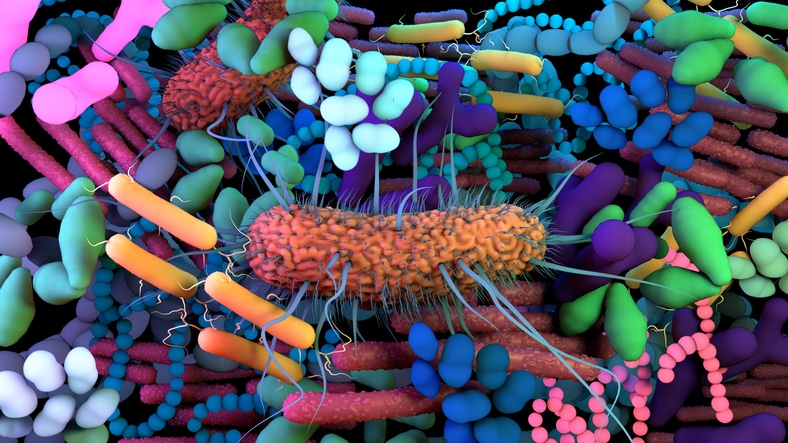Nutritional Priorities for GLP-1 Therapy: A Guide for Registered Dietitian Nutritionists
The use of glucagon-like peptide 1 receptor agonists and related combination medications (referred to as GLP-1 medications) has surged in recent years as a powerful tool for obesity treatment. These…
Read MoreNutritional Priorities for GLP-1 Therapy: A Guide for Registered Dietitian Nutritionists
The use of glucagon-like peptide 1 receptor agonists and related combination medications (referred to as GLP-1 medications) has surged in recent years…













Connect With Us